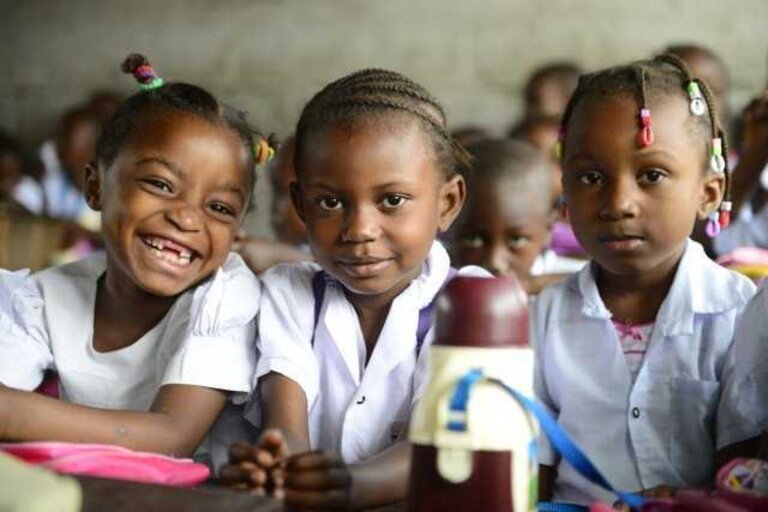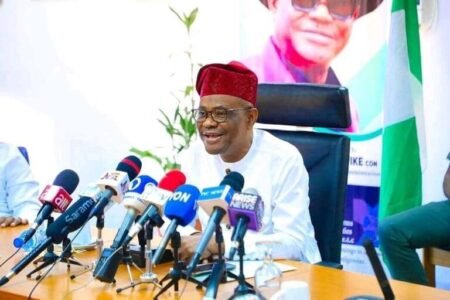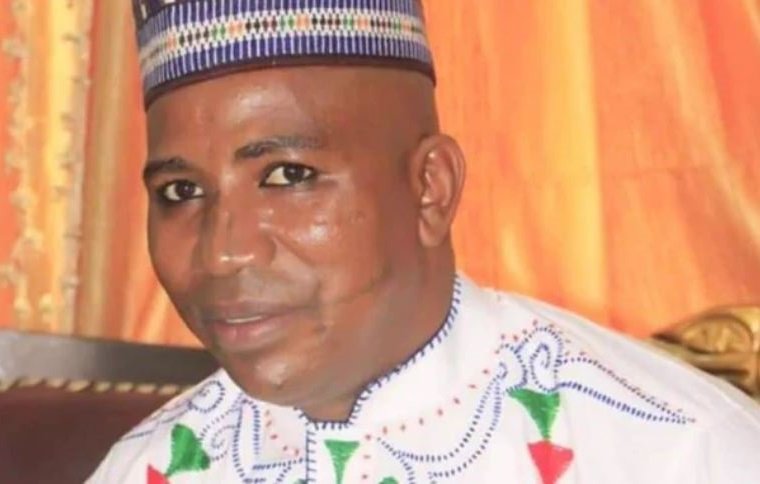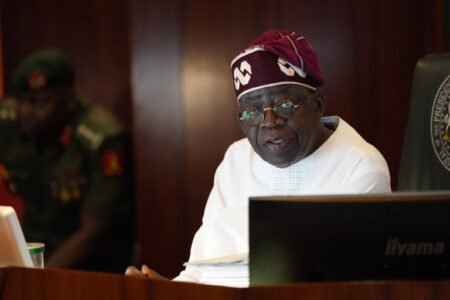Thirty years after the world first marked the International Day of the Girl Child, the story of the Nigerian girl has transformed from struggle to strength. From the football field to the cockpit, classrooms to boardrooms, Nigerian females are rewriting history, one achievement at a time.
In 1995, the Super Falcons were a group of passionate amateurs. Led by a teenage Florence Omagbemi, they played their second World Cup in Sweden. Three decades later, they’ve evolved into Africa’s most successful women’s football team with 10 Women’s Africa Cup of Nations titles and a historic quarterfinal appearance at the FIFA Women’s World Cup.

Back then, female participation in sports was frowned upon. Parents warned daughters against “male” activities. But that mindset has shifted. The Beijing Platform for Action of 1995 ignited a global movement for gender equality, pushing nations including Nigeria to reform policies and champion the girl child.
Since then, the progress has been undeniable. More females are in school today than ever before, child marriage has declined, and females’ access to reproductive health and digital tools has expanded. UNICEF reports a 39% drop in out-of-school girls over the last two decades. Female genital mutilation has fallen sharply in several African countries, although global progress still needs to accelerate 27 times faster to meet the 2030 target.
In Nigeria, girls are proving their worth in areas once dominated by men. Aviation now boasts trailblazers like Chinyere Kalu, Nigeria’s first female commercial pilot; Flying Officer Blessing Liman, the Air Force’s first female combat pilot; and Captain Adeola Sowemimo, the first Nigerian woman to fly the Boeing 787 Dreamliner.
Young achievers are also redefining excellence. Umeh Nkechinyere, 16, topped the 2023 UTME; Faith Odunsi, at 15, conquered the Global Open Mathematics competition; while Tobi Amusan smashed the 100m hurdles world record. Paralympic legend Lucy Ejike has earned medals across six Games, and Ngozi Okonjo-Iweala shattered ceilings as the first woman and African to lead the World Trade Organisation.
According to Teresa Usman, Communications Support Consultant at ActionAid Nigeria, “The biggest advances for the Nigerian female child are the normalisation of girls’ education, stronger legal frameworks, and grassroots activism. Where once a female’s education was optional, it’s now seen as essential.”
Stella Francis, Executive Director of Glowing Splints Development Initiatives, agrees. “We’ve moved from indifference to awareness, from access to empowerment,” she said. “Today, we’re not just asking if girls should be educated but how to ensure every girl learns, leads, and thrives.”
Francis stressed the importance of safe, inclusive education especially in Nigeria’s northern regions where insecurity, poverty, and cultural barriers persist. She called for enforcement of the Child Rights Act, gender-responsive budgeting, and greater community engagement to end child marriage and gender-based violence.
“Mentorship and life skills training help girls find their voice,” Francis noted. “When a girl is mentored, she learns confidence, leadership, and resilience. The result is transformation not just for her, but for generations after her.”
UN Secretary-General António Guterres urged global action, noting: “Our world is besieged by crises, and girls often pay the highest price. Yet they are also leading movements for justice, education, and climate action. We must recognise their power and invest in their future.”

The 2025 theme, “The Girl I Am, the Change I Lead: Girls on the Frontlines of Crisis”, celebrates girls as changemakers in the face of global conflicts, climate disasters, and inequality.
Despite progress, challenges remain from persistent poverty to weak enforcement of child protection laws. Thousands of Nigerian girls are still denied education due to insecurity and school attacks, such as the 2014 Chibok abduction that closed over 2,000 schools across the North.

Usman believes the next decade must focus on scaling social protection, expanding adolescent health services, and promoting digital and entrepreneurial skills for female-child. “Females belong in every room where decisions about their lives are made,” she said. “Learn relentlessly, claim your voice, and refuse anything that tells you your dreams must be smaller.”










